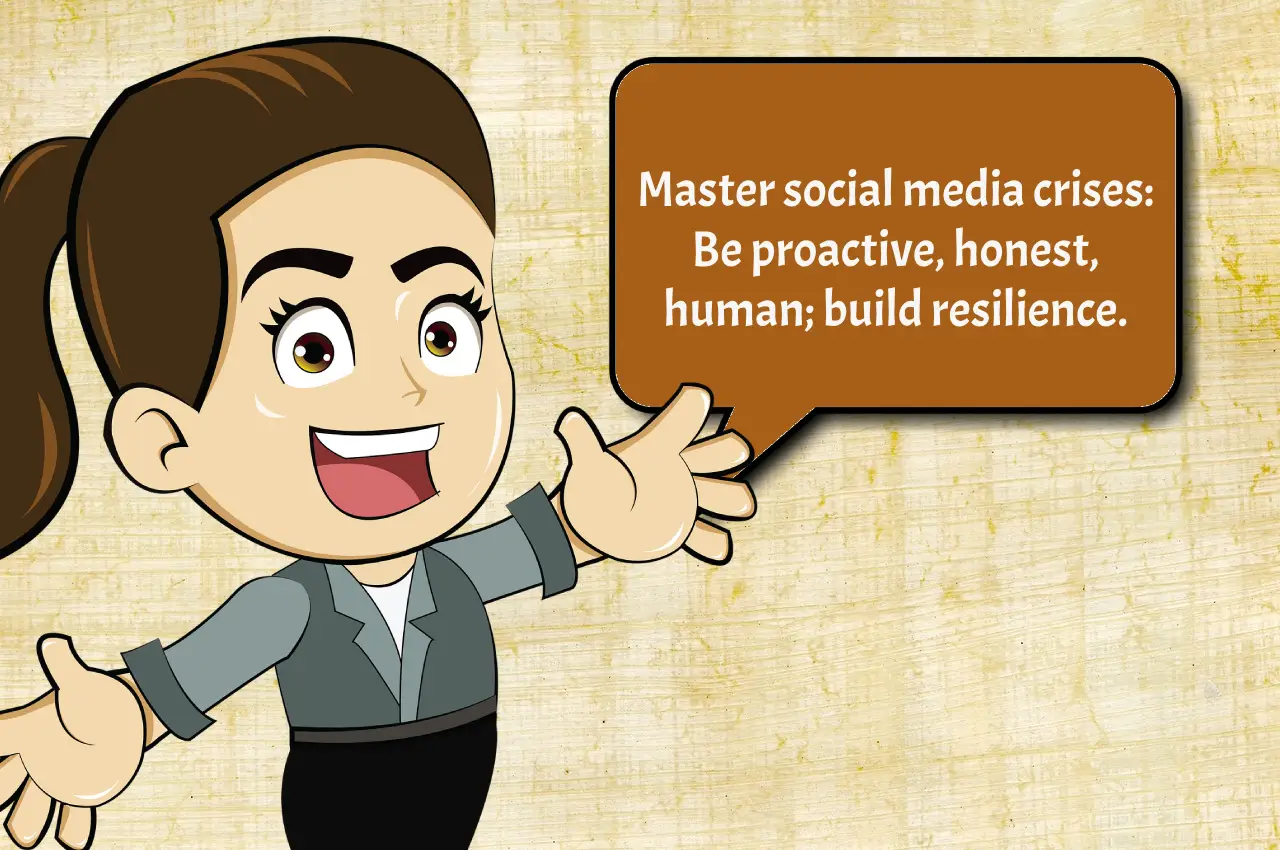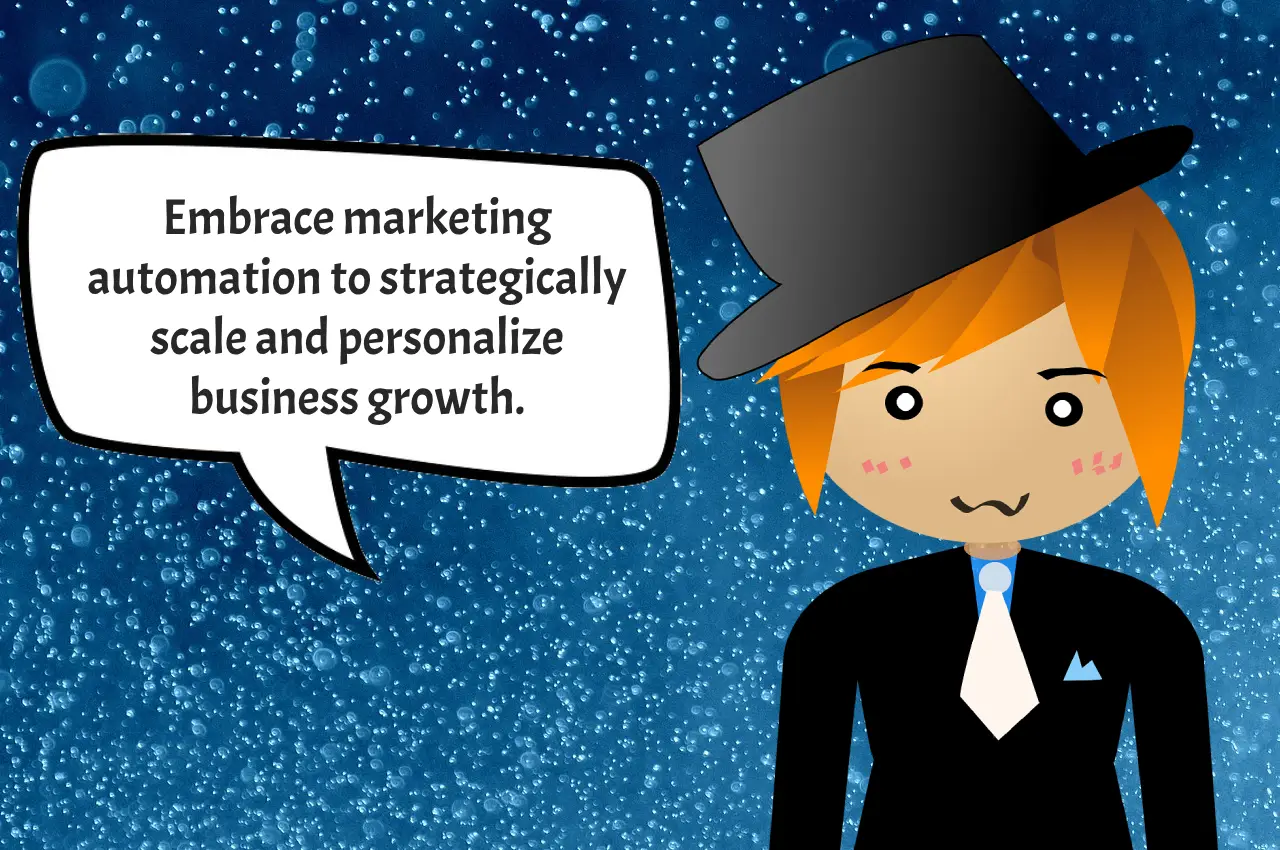In the ever-evolving landscape of social media, where trends catch fire faster than a rumor in a small town, the ability for effective crisis management has become a make-or-break skill for brands. In this extensive exploration, we’ll dissect the strategies deployed by major brands when faced with the tempestuous waves of social media backlash.
The Proactive Approach: Starbucks’ Swift Response
Let’s kick off with the tale of Starbucks, the global coffee behemoth. When a video alleging racial profiling in one of its stores went viral, Starbucks didn’t tiptoe around the issue. Instead, the response was swift and decisive. The CEO took the helm, delivering a public apology and promising immediate action. This transparent and accountable approach not only showcased leadership but also underscored the importance of acknowledging mistakes in real-time.
Honesty is the Best Policy: Domino’s Pizza Lessons
Shift your focus to Domino’s Pizza, where a social media crisis erupted when employees posted unsavory food preparation videos. Rather than resorting to damage control, Domino’s took an audacious step. The company’s president starred in an apology video, showcasing a rare honesty that resonated with customers. This bold move demonstrated a commitment to rectify the situation, earning back trust in the process.
Seizing Control: United Airlines’ PR Tumult
Now, onto United Airlines, which faced a maelstrom when a passenger was forcibly removed from an overbooked flight. The initial response drew ire for its apparent tone-deafness. Yet, United managed to turn the narrative around by issuing a formal apology and implementing policy changes. This instance highlights the critical importance of swift and decisive action in regaining control of a narrative spiraling out of hand.
Learning from Mistakes: Pepsi’s Ad Misstep
Pepsi’s foray into the realm of social justice with an ad featuring Kendall Jenner backfired spectacularly. The brand, however, promptly withdrew the ad and issued a public apology. This incident underscores the necessity of humility in acknowledging missteps and, more importantly, learning from them rather than deflecting blame.
Establishing Crisis Playbooks: McDonald’s Experience
McDonald’s, a brand omnipresent on social media, understands the value of preparedness. The company boasts a crisis management playbook ready to be deployed in response to potential social media crises. This strategic foresight enables McDonald’s to navigate turbulent waters with agility and poise, emerging with its reputation intact.
The Human Touch: Airbnb’s Community-Centric Approach
Consider Airbnb, whose commitment to the human element was tested when a host’s property was vandalized. Responding swiftly, Airbnb implemented a 24/7 customer support hotline and a host guarantee program. This community-centric approach helped rebuild trust within the Airbnb community, proving the power of a human touch in crisis resolution.
Crafting a Positive Narrative: Coca-Cola’s #MakeItHappy Campaign
Coca-Cola’s #MakeItHappy campaign took an unexpected turn when pranksters manipulated the brand into tweeting controversial content. Instead of letting negativity fester, Coca-Cola swiftly addressed the issue and turned the narrative positive. This case emphasizes the power of flipping the script and steering conversations in a more favorable direction.
Crafting a Resilient Online Presence: Nike’s Kaepernick Campaign
When Nike launched the controversial ad featuring Colin Kaepernick, the brand faced immediate backlash and threats of boycott. However, Nike stood firm, and the calculated risk paid off. The brand’s resilience and commitment to its values resulted in increased sales and enhanced brand loyalty. Nike’s example illustrates that sometimes, standing by your convictions can weather the social media storm.
Building Your Crisis Management Arsenal
In an era where a single tweet can make or break a brand, crisis management is not just a luxury; it’s a necessity. The lessons from industry giants are clear: be proactive, honest, and human in your responses. Establish a comprehensive crisis playbook, and remember, every crisis is an opportunity to showcase your brand’s integrity and commitment to continuous improvement.
Your insights matter! What’s your perspective on crisis management in social media? Share your thoughts in the comments below and let’s build a community ready to navigate the digital storm together.





